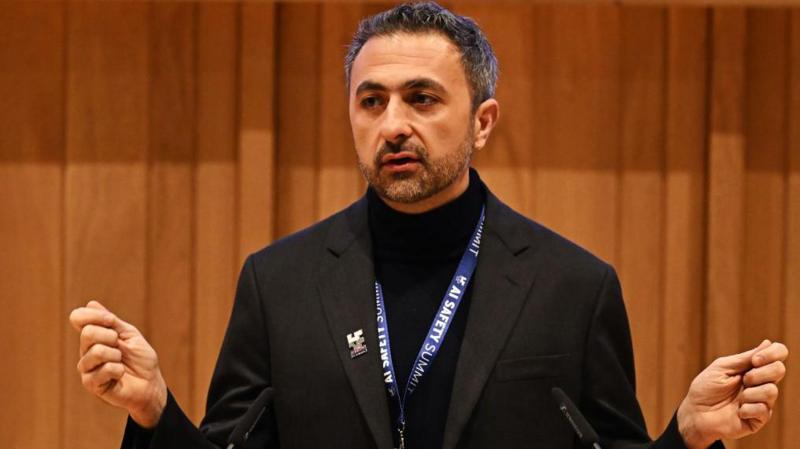Summary
The head of AI at Microsoft, Mustafa Suleyman, has highlighted concerns about "AI psychosis," a term for when people become overly reliant on AI chatbots like ChatGPT and start believing imaginary things are real. Examples include people thinking they have formed relationships with the AI or that the AI has revealed hidden secrets to them. Suleyman emphasizes that while AI is not truly conscious, the perception that it is can affect people significantly.
Key Facts
- Microsoft's AI leader, Mustafa Suleyman, expressed concern about a rise in "AI psychosis."
- "AI psychosis" describes people believing in imaginary ideas due to their interactions with AI chatbots.
- Some individuals think they have formed romantic connections with AI or unlocked hidden features.
- A person named Hugh from Scotland shared his experience of relying on AI advice to an extreme degree.
- Hugh eventually realized his detachment from reality after a mental health breakdown.
- Suleyman advocates against AI companies promoting the idea of conscious AI.
- Dr. Susan Shelmerdine compared excessive AI usage to consuming ultra-processed foods, which can have negative effects.
- The article notes a growing number of personal stories about strong emotional connections to AI chatbots.

